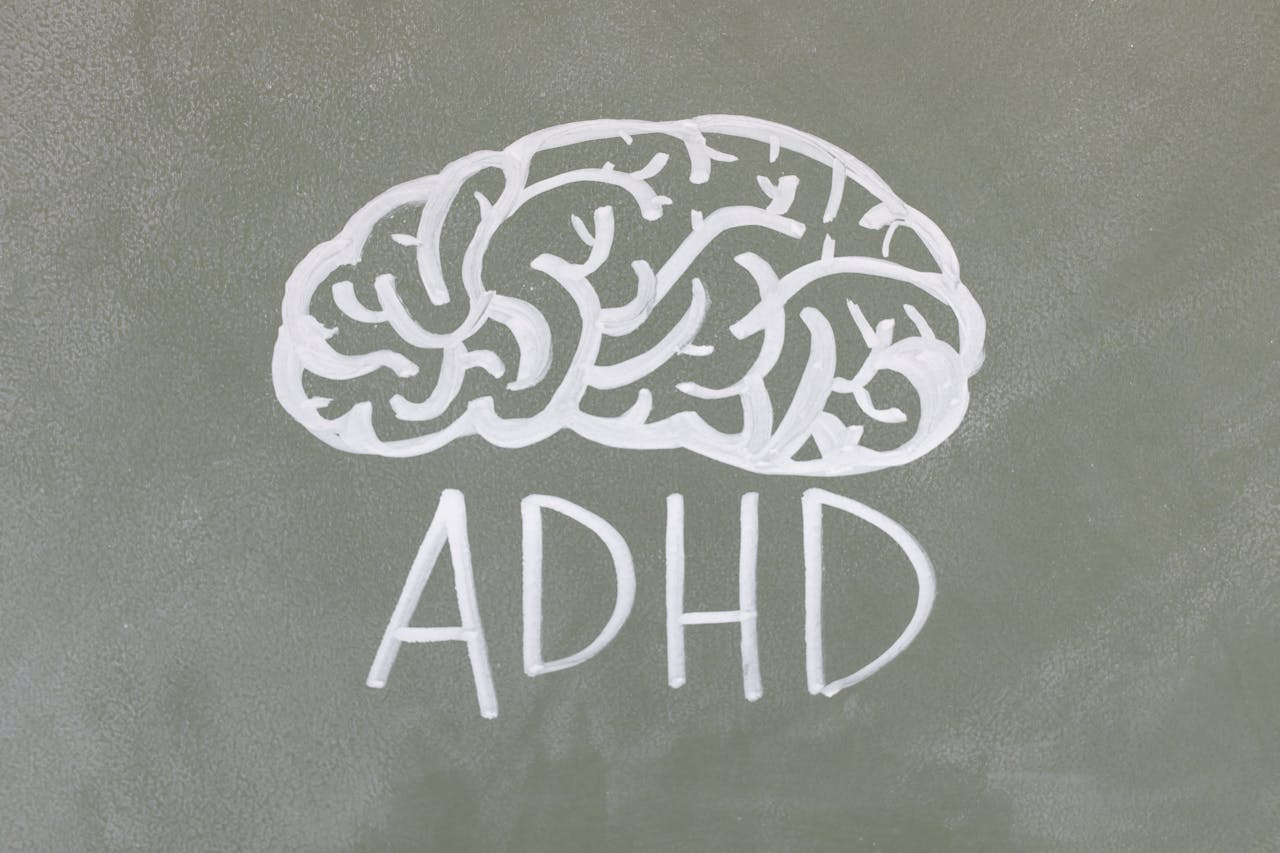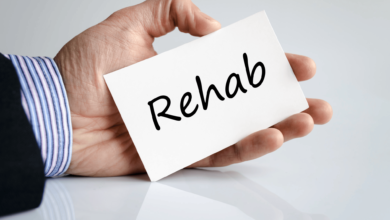ADHD, or Attention Deficit Hyperactivity Disorder, can significantly impact an individual’s daily functioning, affecting their attention span, impulse control, and hyperactivity levels. To control symptoms and enhance the general quality of life, ADHD must be treated appropriately. Even while there isn’t a cure for ADHD, there are several therapies and techniques that can help people flourish and successfully manage their symptoms.
Understanding ADHD and its Challenges
ADHD is a neurodevelopmental disorder characterized by persistent patterns of inattention, hyperactivity, and impulsivity that interfere with daily functioning. People who have ADHD can find it difficult to concentrate, follow directions, or remain still for an extended period. These difficulties can affect your self-esteem, social interactions, and success in school and at work. It’s critical to understand each person’s particular strengths and limitations to customize therapies for the effective treatment of ADHD. Assessment through comprehensive ADHD testing in Chicago, or where you live, can provide valuable insights into your specific symptoms and needs.
Behavioral Therapy
Behavioral therapy is a cornerstone of ADHD treatment, focusing on teaching individuals practical skills and strategies to manage their symptoms and improve self-regulation. Cognitive-behavioral therapy (CBT) is a popular method of helping people recognize and confront negative thinking patterns as well as create coping strategies for controlling their impulsivity and distractibility. Furthermore, behavioral treatments can assist educators and caregivers in supporting individuals with ADHD in a variety of situations. These interventions include parent education and classroom management strategies.
Medication Management
Medication management is another crucial component of ADHD treatment, particularly for patients with moderate to severe symptoms that significantly impair daily functioning. Methylphenidate and other amphetamine-based pharmaceuticals are examples of stimulant medications that are often recommended to assist in modulating brain neurotransmitter levels and enhance focus and impulse control. If a patient has severe side effects or does not react well to stimulants, non-stimulant drugs like guanfacine and atomoxetine can be prescribed.
Educational and Academic Support
Many individuals with ADHD experience challenges in academic settings due to difficulties with attention, organization, and time management. Academic performance can be facilitated by the use of educational support services, such as accommodations and individualized education plans (IEPs), to address these issues. Extended testing periods, preferred seating arrangements, and access to assistive technology are a few examples of these accommodations. To help children with ADHD in the classroom, instructors might also use visual aids, multimodal learning strategies, and regular routines.
Lifestyle Modifications
Lifestyle modifications can play a significant role in managing ADHD symptoms and promoting overall well-being. Frequent exercise has been shown to raise dopamine and norepinephrine levels in the brain, which in turn improves attention, mood, and cognitive performance in patients with ADHD. Optimizing attention and mood management also requires good sleep hygiene habits, such as keeping a regular sleep schedule and establishing a relaxing nighttime routine. Additionally, a healthy diet high in protein, antioxidants, and omega-3 fatty acids helps promote brain function and lessen the symptoms of ADHD.
Therapeutic Interventions
In addition to traditional behavioral therapy, various therapeutic interventions can complement ADHD treatment and address co-occurring emotional and behavioral challenges. For instance, mindfulness-based activities like yoga and meditation can help people with ADHD develop better self-awareness, emotional control, and stress management abilities. Furthermore, expressive treatments like art therapy provide people with a safe, supportive space to explore their ideas and feelings through creative activities. Enhancing communication, decreasing conflict, and strengthening familial bonds are other advantages of family therapy.
Conclusion
Treating ADHD requires a comprehensive approach that addresses the unique needs and challenges of each patient. Adequate medication management, behavioral therapy, lifestyle adjustments, educational assistance, and therapeutic interventions can help individuals with ADHD successfully manage their symptoms and lead satisfying lives. ADHD diagnostic assessment can provide important information about the severity of symptoms and direct the creation of individualized treatment programs.
For more valuable information visit this website.





